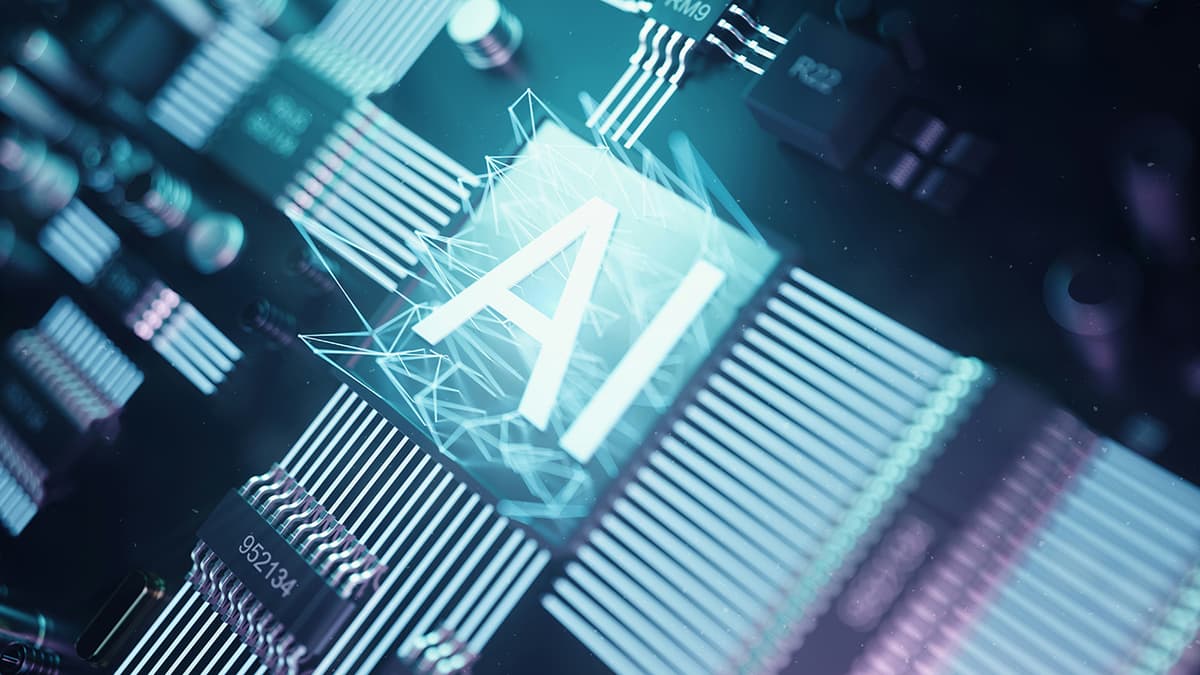Top 5 Scientists Behind Recent AI Progress
AI is now a major part of daily life, from virtual assistants to self-driving cars. Many scientists have helped push AI technology forward. Here, we highlight five of the most influential researchers who have made important contributions to recent AI advancements.
1. Geoffrey Hinton
Geoffrey Hinton is often called the "godfather of deep learning." He spent decades working on neural networks, computer systems designed to mimic the human brain. His research led to significant improvements in how computers recognize patterns and learn from data.
In 2012, Hinton's team achieved a major breakthrough with their neural network called AlexNet. It won a competition by correctly identifying images with higher accuracy than other methods. This success helped kick-start widespread interest in deep learning.
Hinton's ideas about deep neural networks are now widely used. Today, many AI systems, including speech recognition and computer vision applications, rely on his foundational work.
2. Yann LeCun
Yann LeCun is another key figure in deep learning. His main contribution is in the development of Convolutional Neural Networks (CNNs), a special type of neural network designed to recognize visual patterns. CNNs can accurately identify faces, objects, and text in pictures and videos.
LeCun's work in the 1980s and 1990s set the stage for modern AI systems. One of his early projects involved creating a system that could read handwritten digits on bank checks, greatly improving automatic processing.
Today, LeCun continues to influence AI research, promoting concepts like self-supervised learning, where AI systems learn from data without human labeling. This method makes training AI faster, cheaper, and more effective.
3. Fei-Fei Li
Fei-Fei Li has had a profound impact on computer vision and AI. She led the creation of ImageNet, a massive database containing millions of labeled images. This dataset became critical for training AI systems to recognize everyday objects accurately.
The ImageNet project spurred a major competition called the ImageNet Challenge, where teams tested their AI models. Through this competition, researchers developed better algorithms, driving forward progress in machine learning and computer vision.
Li also emphasizes AI ethics and human-centered design, stressing the importance of responsible use of technology. Her work not only improved how computers "see" but also influenced discussions around ethical AI use.
4. Demis Hassabis
Demis Hassabis is well known for his role in developing AI that can perform complex tasks and strategic thinking. He co-founded DeepMind, an AI company famous for creating AlphaGo, an AI system that defeated human champions at the complex board game Go.
AlphaGo's victories marked an important milestone, as Go was previously considered too complicated for AI to master due to its enormous number of possible moves. AlphaGo's success proved that AI could achieve deep strategic thinking, influencing further research in AI and machine learning.
Hassabis also focuses on developing AI systems that can learn general-purpose tasks rather than being designed for just one function. His research aims to build intelligent systems that can adapt flexibly, similar to how humans learn.
5. Ian Goodfellow
Ian Goodfellow made a major contribution to AI by inventing Generative Adversarial Networks (GANs) in 2014. GANs consist of two neural networks competing against each other. One generates fake images, while the other tries to distinguish real from fake ones. This competition forces the generator to create highly realistic images.
GANs opened new possibilities in AI. They allow researchers to create realistic images, videos, and even audio that never existed before. GAN technology has many applications, from entertainment and design to medicine, where it helps create medical imaging data.
Goodfellow's invention has significantly changed how researchers think about creating AI models, pushing innovation in generative AI and influencing how AI develops content creatively.
These scientists have not only contributed to AI technology but have also inspired new generations of researchers. Their leadership and mentorship have been crucial in fostering a community that continues to push the boundaries of AI.












